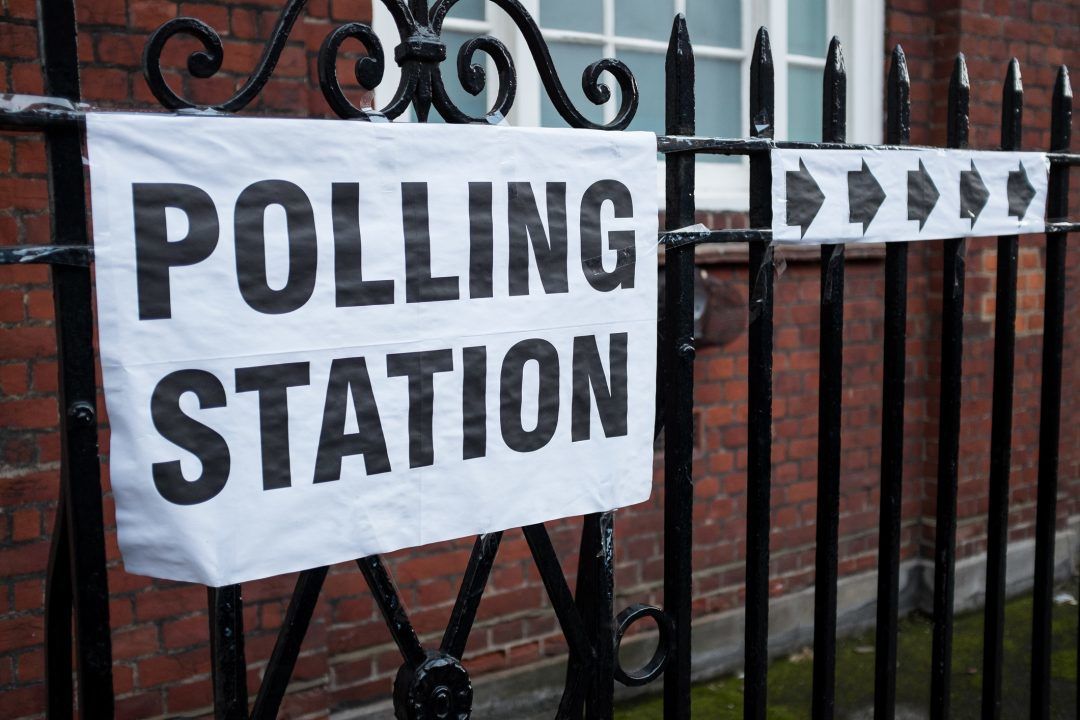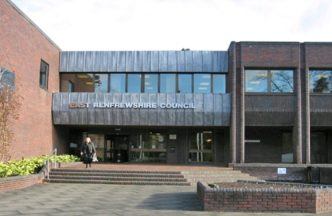Campaigners have called for “outdated” Westminster elections to “catch up” with a “fairer” system similar to those used by Scottish and Welsh voters.
Analysis of polling results by Electoral Reform Society (ERS) found that Scottish Westminster results are four times more disproportionate of voters’ choices as at Holyrood, which uses a proportional system.
The researchers found a similar picture on the London Assembly and Welsh Senedd.
The ERS claimed that “proportional representation is here to stay” across the UK, as it marked more than two decades of devolved administrations.
The society’s Here to Stay report, released on the anniversary of the Referendums (Scotland and Wales) Act 1997, said: “While elections for the House of Commons remain warped, we are proud that for devolved elections in London, Wales, Scotland, and Northern Ireland, First Past the Post has been consigned to the dustbin of history.”
It added: “Now Westminster must follow suit. It cannot take two more decades for the Commons to catch up.”
The Welsh and Scottish Parliaments and the London Assembly all operate partly-proportional electoral systems.
While most members of these chambers are still elected by First Past the Post, voters also choose an additional representative from a region-wide list.
The ERS’s analysis for Scotland showed that across the last seven UK general elections, the largest party has won on average 75% of Scottish seats with just 43% of the votes.
By comparison, across the six Scottish Parliament elections during the same period, the average seat share for the largest party is a much fairer 45% of seats, having received 37% of regional list votes.
The society also claimed voters in Scotland, Wales and London felt like their ballots mattered more than in general elections.
Dr Jess Garland, director of policy and research at the Electoral Reform Society, said: “After more than two decades of proportional representation being used for elections to devolved bodies in each nation of Britain, it is clearer than ever that Westminster’s First Past the Post system is an outdated anomaly.
“This report shows how PR produces much fairer outcomes in Scotland, Wales and London than Westminster’s warped First Past the Post system. PR gives voters real representation and the comfort of knowing that their vote will count.”
The report also warned that “English voters are in danger of being left behind” by not having some form of proportional vote, and urged the Government to abandon plans to change the format of police and crime commissioner and London mayoral elections.
It also called for English councils to be allowed to adopt a proportional voting system called the Single Transferable Vote, which is being adopted in Wales and Scotland.
Dr Garland added: “It’s time England and Westminster caught up. Reform is long overdue to ensure that all elections in the UK are run via proportional representation and First Past the Post is consigned to history.”
The ERS claims support from MPs, including Labour’s Clive Lewis (Norwich South), who said: “Giving all voters a voice and having politicians that work together to get things done is a far cry from the Punch and Judy politics of Westminster.
“A lack of democracy in the UK has led us to climate breakdown and a second gilded age of hoarded wealth and power. We need more democracy, not less, if our politics is to be made fit for the decades to come. Yet our electoral system is out of sync with the culture and people it’s supposed to serve and represent.”
Follow STV News on WhatsApp
Scan the QR code on your mobile device for all the latest news from around the country


 iStock
iStock




















